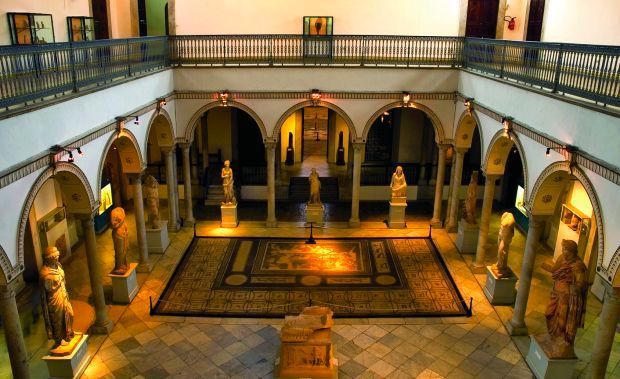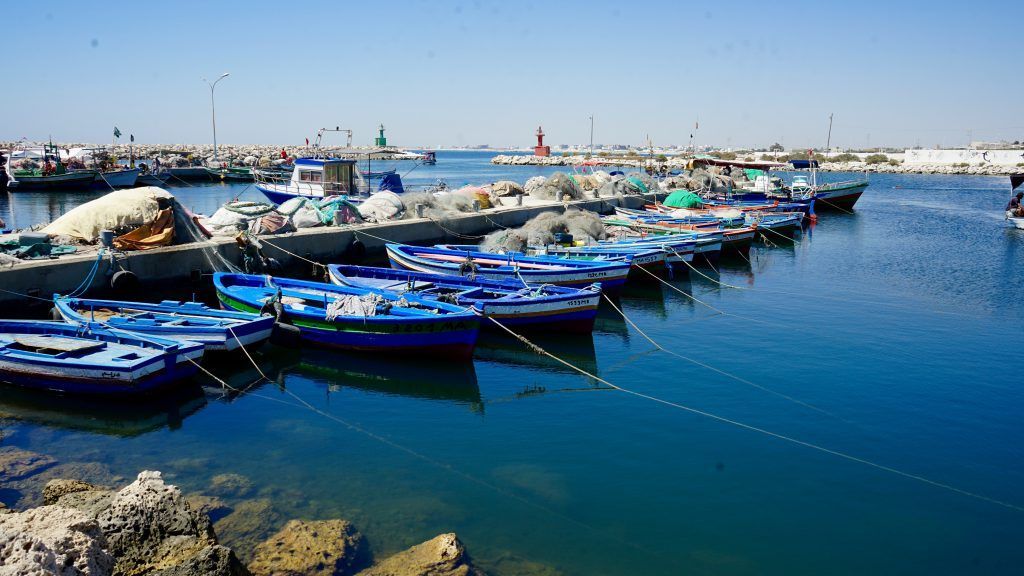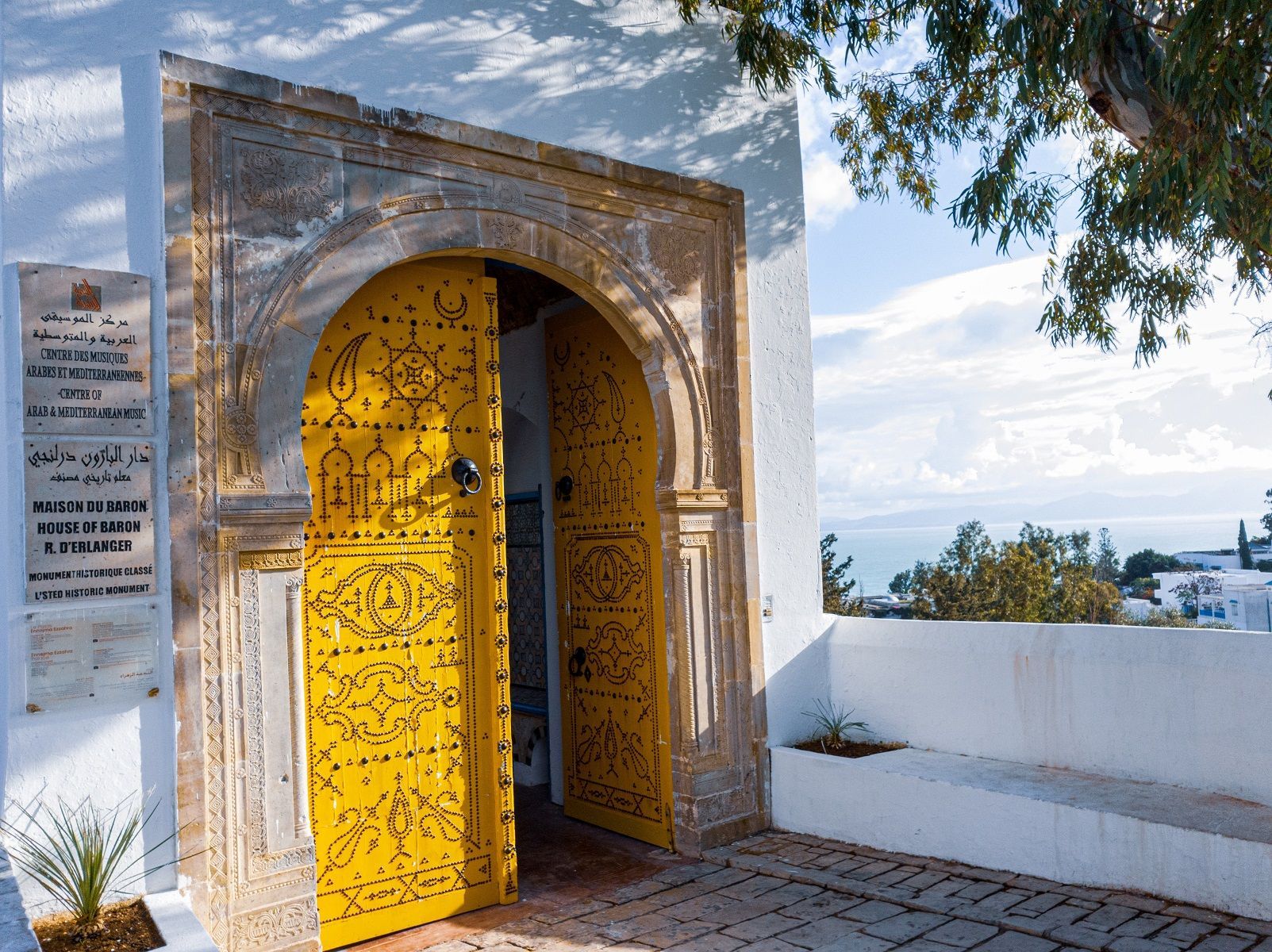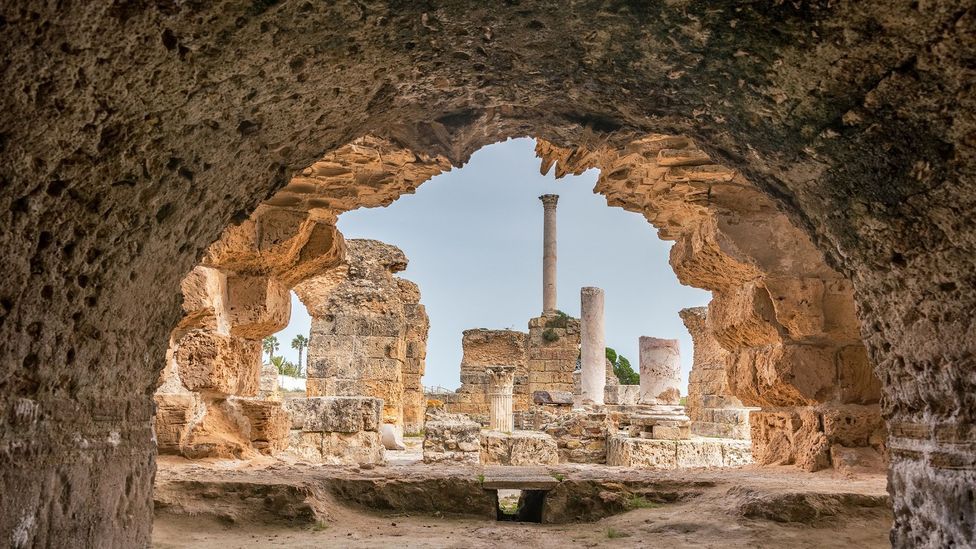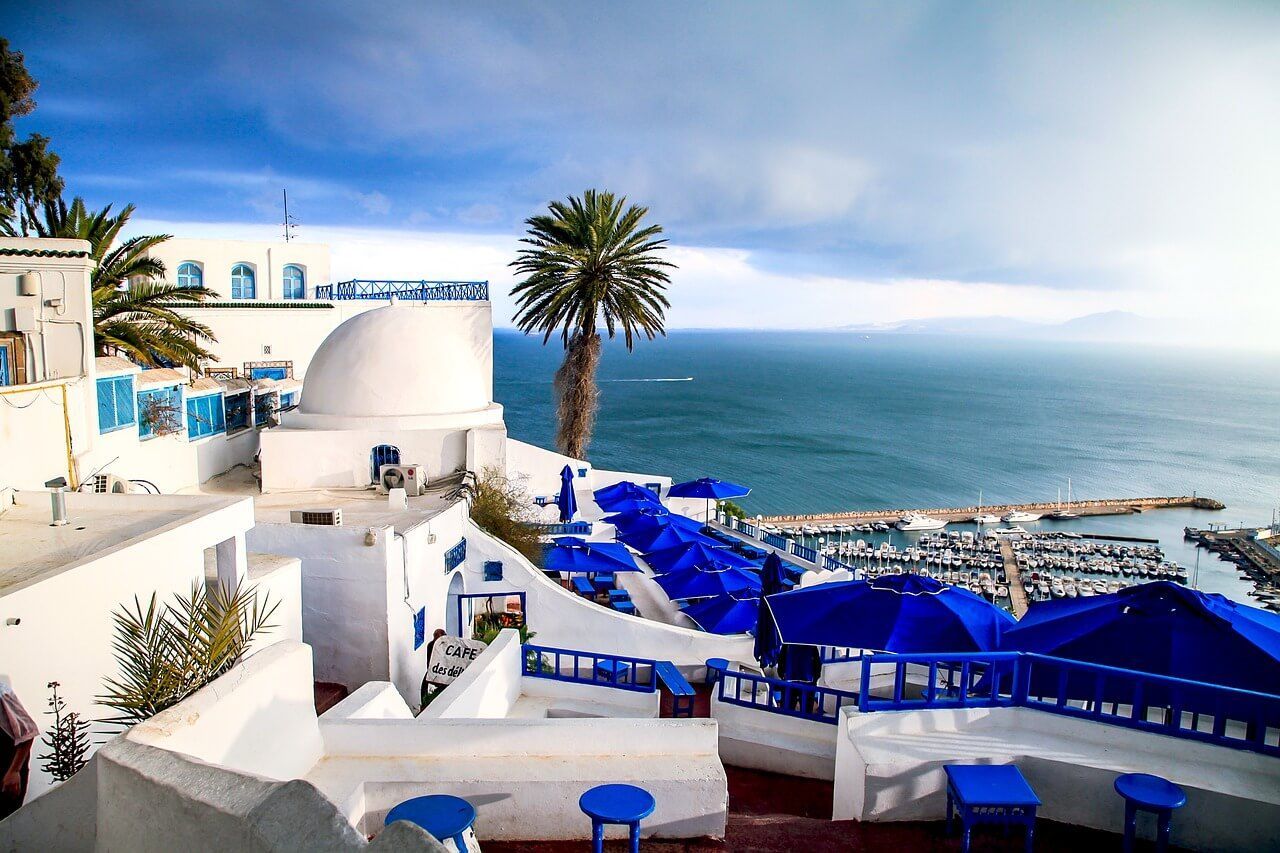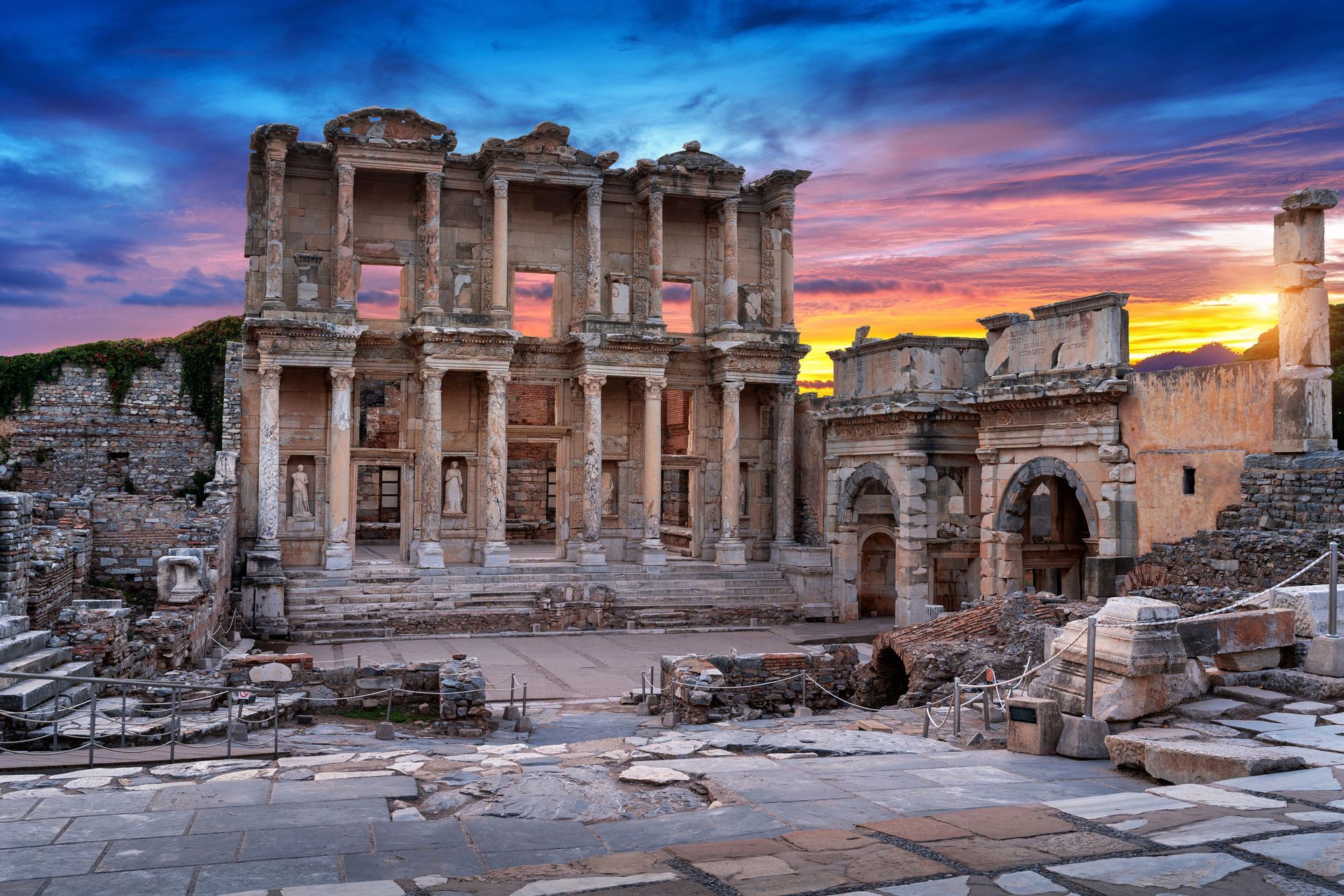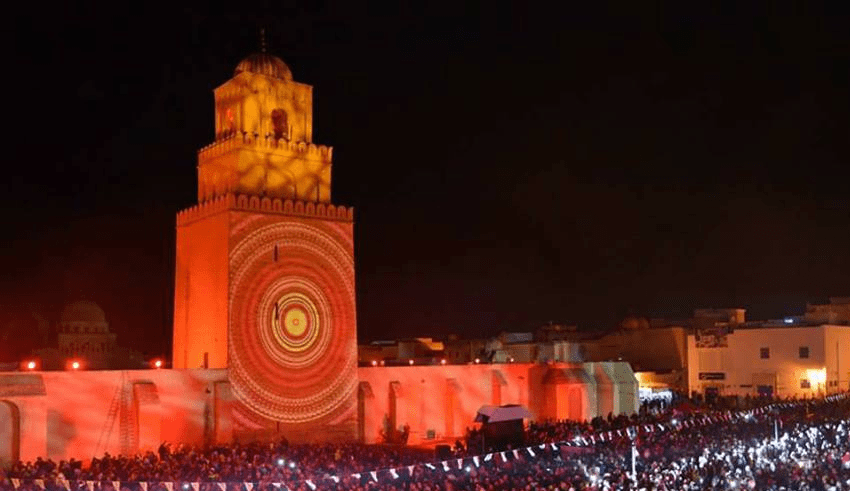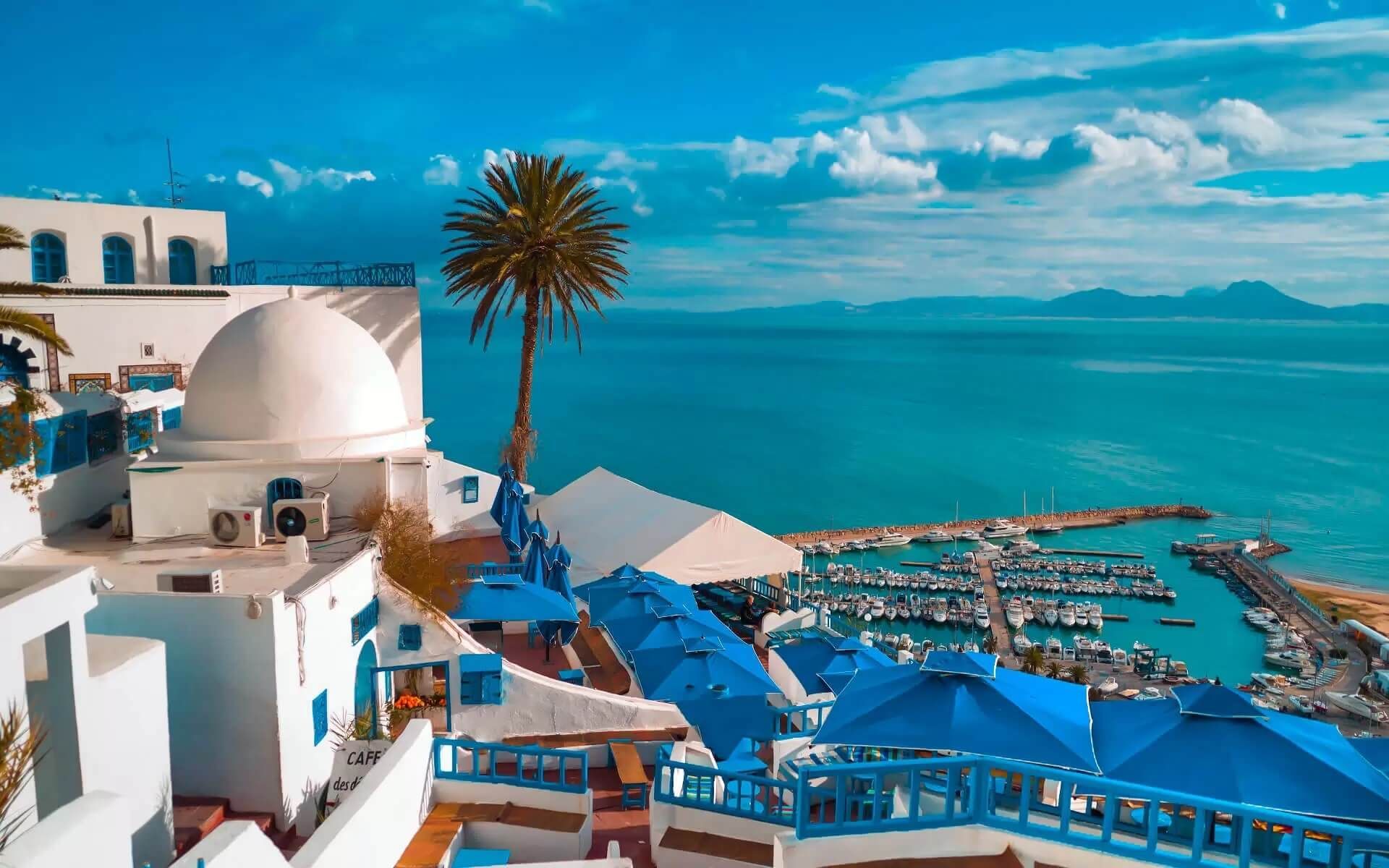World Heritage Committee: Sousse Medina Avoids Delisting
In a recent official report following its 45th extended session on the conservation status of properties listed on the World Heritage List, the World Heritage Committee "welcomed the measures taken by Tunisia to draft a safeguarding and enhancement plan for the old city.
Sousse Medina, designated a UNESCO World Heritage Site in 1988, remains on UNESCO's list, after being at risk of delisting. This news has been confirmed by the World Heritage Committee in its latest report (draft decision: 45 COM 7B.150), stating that progress has been made in preserving this Medina, characteristic of the early centuries of Islam in North Africa.
In a prior report from its 44th extended session in 2021, the Committee had alerted about potential degradation of this significant heritage, which has been on the World Heritage list since 1988.
Indeed, in early 2023, the municipality of Sousse, in collaboration with the National Institute of Heritage (INP), initiated a safeguarding and enhancement plan (Psmv) for the Medina. Scheduled to conclude in 2024, this initiative is part of the Integrated Urban Development Project II (Pdui-II), with technical and financial backing from the State Secretariat for Economic Affairs (SECO) of the Swiss Confederation.
Furthermore, a regeneration and enhancement program for ancient centers (Prca) was launched by the Sousse municipality (2022-2025). Its objective is to bolster the cultural, economic, and tourist appeal of the historic property while creating synergies with the modern city.
The plan also entails intervention on three main axes of the Medina, including the restoration and rehabilitation of housing, public spaces, and historical monuments. Building facades will be refurbished, grounds paved, and dedicated signage established.
The World Heritage Committee has expressed its satisfaction with Tunisia's efforts in formulating a safeguarding and enhancement plan for the old city and for fundraising. The aim is to mitigate threats to the exceptional universal value (VUE) of this property, urging further efforts.
Management of the site has improved. Previously, UNESCO's body had expressed concerns about potential threats to Sousse's old town, citing the absence of a Psmv, lack of coordination, urban pressure, visual impact on the property's integrity, loss of traditional know-how, and alteration of construction elements and materials. However, a joint advisory mission by the World Heritage Center/Icomos/Iccrom in January 2023 found that collaboration for site management had improved, and that the VUE attributes are generally well-preserved.
According to the findings of this joint advisory mission, Tunisia has taken significant steps in response to the recommendations of the World Heritage Committee. As reported by the Tunisian government and confirmed by the joint mission, the collaboration between the INP and the municipality has improved, particularly with the establishment of a joint operational control unit and a collaboration agreement on the Psmv.
The UNESCO body has further recommended rigorous control of urban operations to reduce risk violations, the introduction of a common management mechanism for the Medina involving local community representatives, and greater civil society involvement in the site's preservation, enhancement, and management. A pilot project's implementation is also advised.
Lastly, the World Heritage Committee has requested an updated report by December 1, 2024, on the conservation status of Sousse Medina and the implementation of the given recommendations, to be reviewed during its 47th session.
